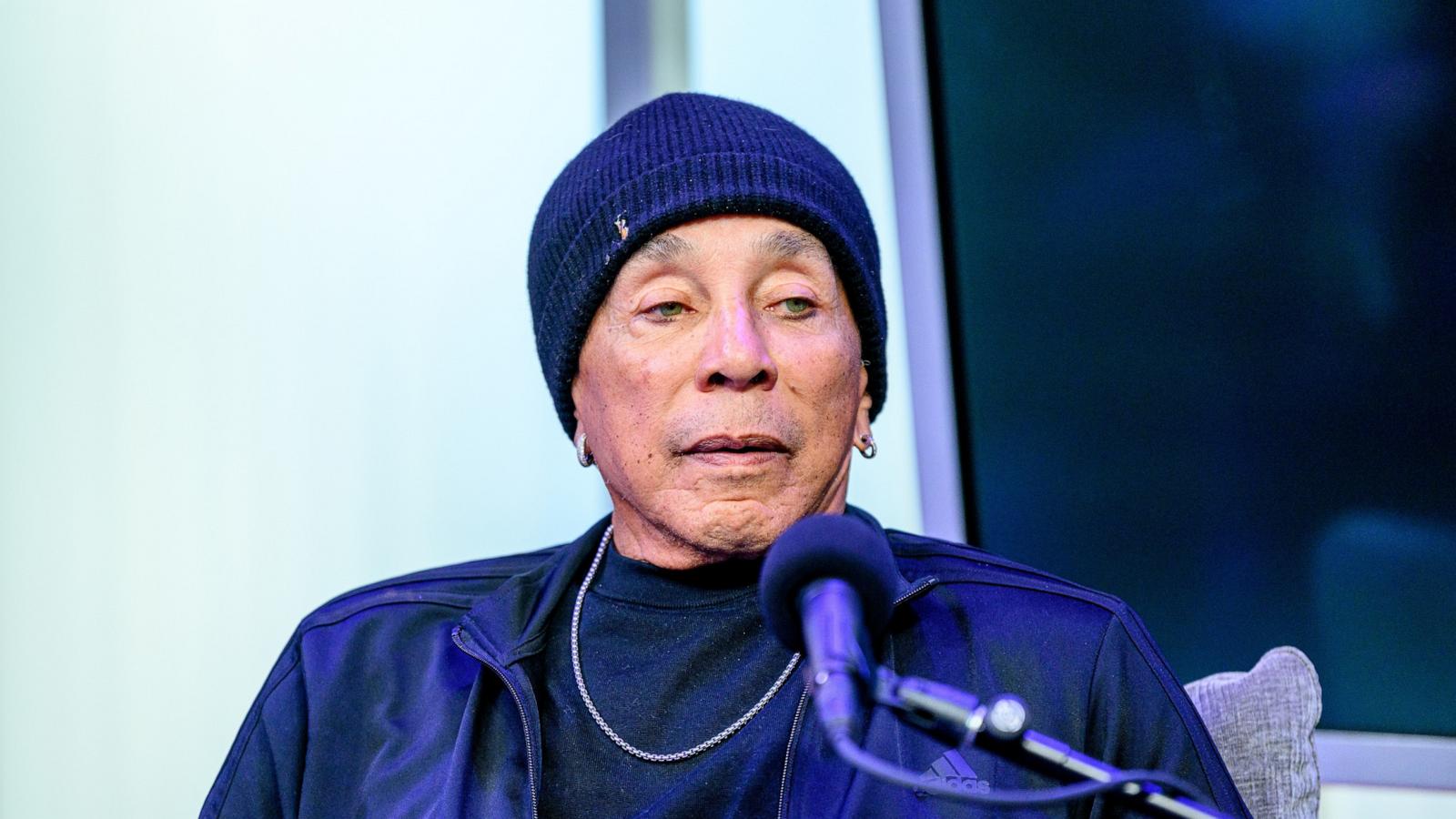Smokey Robinson's Allegations: Unpacking the Illusion of Idolatry
Explore the cultural reflection prompted by allegations against Smokey Robinson, revealing the flawed nature of celebrity idolatry and the need for authenticity.


In the cacophonous world of celebrity idolatry, Smokey Robinson, once the soulful voice of love and longing, now finds himself at the merciless crossroads of scandal and accountability. The allegations against this Motown legend are not merely a legal entanglement; they represent a wider commentary on the hollow pedestal upon which we place our cultural icons, revealing the absurdity of the reverence we afford to those who merely bask in artistic legacy.
Cracks in the Facade
For decades, Robinson’s music was the enchanting soundtrack of countless lives, a testament to his genius. Yet, the current allegations tell a story far removed from the romance he enshrined in song. Accused of sexual assault by four former employees, his public persona is now subject to an uncomfortable scrutiny that underscores a significant cultural disconnect. We build idols from echoes of past triumphs, blind to the human imperfections behind them.

Manufactured Reverence
In our modern culture, fame often immunizes individuals against the harsh critiques that would befall the ordinary. Such immunity births a culture of disingenuous adoration, where we feign ignorance to the misdeeds of our idols. Robinson’s plight is emblematic of this trend—a trend that reduces complex human behavior to tabloid sensationalism rather than meaningful discourse.
These lawsuits, depicting a litany of abuses from unwanted physical advances to unpaid wages, challenge the reality of Robinson’s mass-appeal image. More importantly, they demand a reevaluation of the systems that perpetuate such celebrity worship, systems that often prioritize profit over principles.
A Chance for Reckoning
The accusations also extend to Frances Robinson, painting a picture of enabling behavior and hostile work environment, further complicating the narrative. It’s a stark reminder that the stories we cherish are often as flawed as those who live them. We are confronted with the hypocrisy of our adulation, faced with the reality that artistic achievement does not absolve moral failure.
As the curtain lifts on these proceedings, let us not be placated by the sanitized narratives woven by publicists. Instead, let us seize this opportunity to demand authenticity from our cultural figures. The superficial worship of talent must give way to a deeper appreciation for accountability and truth.
Beyond the Illusion
Ultimately, Robinson’s ordeal is a moment of cultural reflection—a call to dismantle the illusory reverence that has masked the darker sides of fame. We have the chance to move beyond our misaligned allegiances and seek art and artists that resonate with truth, however uncomfortable it may be. In doing so, we reaffirm our commitment to a culture that values integrity over illusion, authenticity over fakery. Let Smokey Robinson's fall be a catalyst for realigning our cultural compass—and in the process, free ourselves from the shackles of idol worship.




